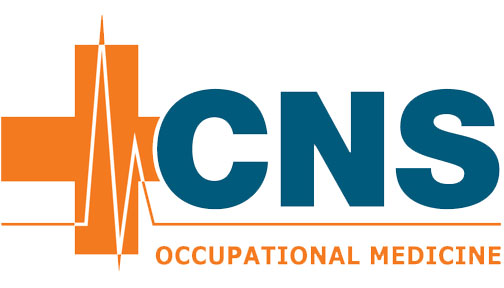Popular spots to visit in Malaysia are Kuala Lumpur, George Town, Malacca, Penang, Langkawi, and the list goes on. Travelers frequently visit the Batu Caves, Mount Kinabalu, or the Perhentian Islands. With something for every type of traveler, you can indulge in a number of different types of cuisine, challenge yourself with a hike, or visit the Mulu Caves to see the flight of bats and the reefs and rainforests on Borneo (island) that is considered a modern-day Eden.
Do you need Vaccines to travel to Malaysia?
Yes. The CDC recommends the following vaccines if you are traveling to Malaysia. Some are recommended however some may be required. The vaccinations include Meningitis, Pneumonia, Chickenpox, TDAP (Diphtheria-Tetanus-Pertussis), Flu (Influenza), Measles-Mumps-Rubella (MMR), Polio, Shingles, COVID-19, Hepatitis A, Hepatitis B, Measles, Rabies, Typhoid, Japanese Encephalitis, and Yellow Fever.
Recommended Travel Vaccines for Malaysia
| Recommended Travel Vaccine | Vaccine Details |
|---|---|
| COVID-19 | It is recommended that all travelers be up to date with their COVID-19 Vaccine, whether it be first, second, or booster shots. |
| Hepatitis A | The CDC recommends the Hepatitis A vaccination to travelers of all ages. Please call for specifics. |
| Hepatitis B | The CDC recommends the Hepatitis B vaccination to travelers of all ages. |
| Rabies | Rabies is high risk in Malaysia. In general, a Rabies vaccine would be necessary if you were planning to be around dogs or wildlife. Rabid dogs are common in many countries. Reference the above map to verify. |
| Typhoid | The Typhoid Vaccine is recommended to the majority of travelers. |
| Yellow Fever | 9 months or older and/or traveling from an area of high transmission. |
| Japanese Encephalitis | The CDC recommends this vaccine for long-term travelers (1 month or more) to China and for short-term travelers (less than a month) involved in risky activities in rural areas, like hiking or camping, no A/C, etc. |
Routine Vaccines when traveling to Malaysia
| Routine Vaccines | Vaccine Details |
|---|---|
| Chickenpox | The CDC recommends that children under the age of 13 have 2 doses as long as the second does is 3 months after the first dose. If over 13, get doses at least 28 days apart. |
| TDAP (Diphtheria-Tetanus-Pertussis) | It is recommended that everyone get the TDAP vaccine according to the CDC. |
| Flu (influenza) | Based on CDC recommendations, anyone 6 months or older should receive the flu vaccine. |
| Measles-Mumps-Rubella (MMR) | The CDC recommends a dose of the MMR Vaccine to infants from 6 to 11 months that are traveling. |
| Polio | The CDC recommends Polio Vaccines in booster doses to adults who received their initial shot as a child. The series is recommended for those that are unvaccinated or do not know their vaccination status. |
| Shingles | The CDC recommends the shingles vaccine for adults ages 50 years and older and the doses should be given 2 to 6 months apart. |
| Meningitis | Recommended for any individual who does not have the vaccination and or are considered a risk. |
| Pneumonia | There are multiple types of pneumonia vaccines meant to protect against pneumococcal disease. Review each vaccine on the CDC website. |






